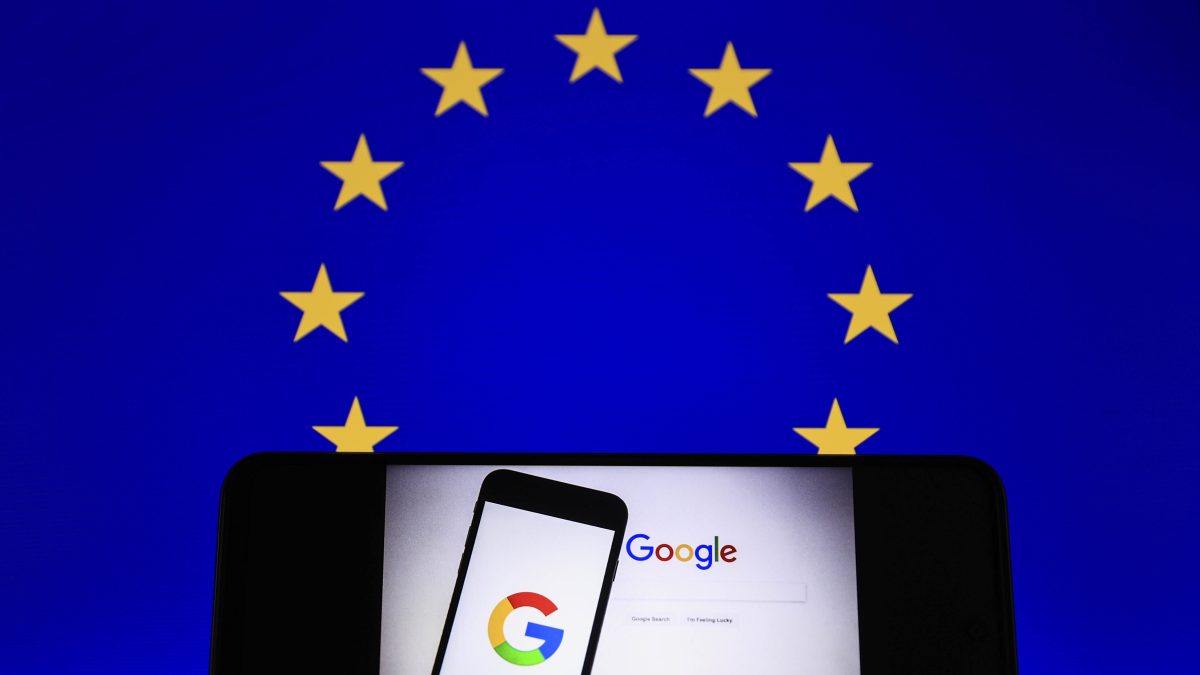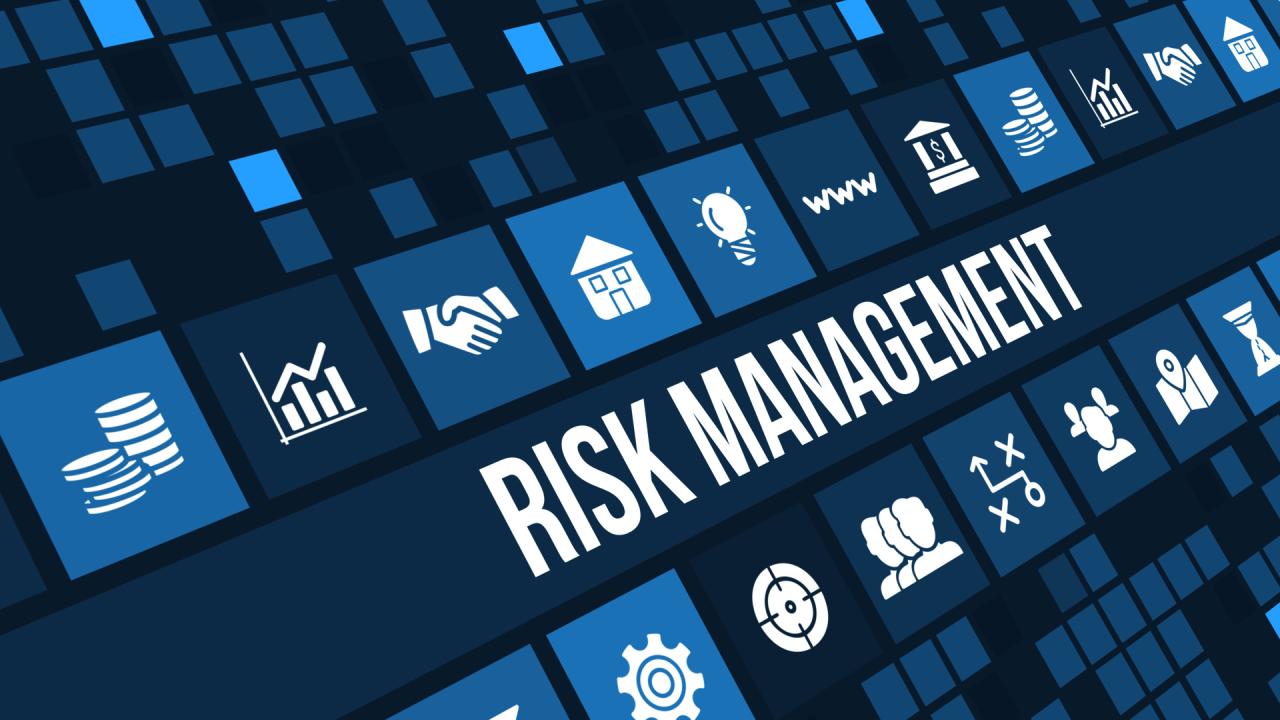The ongoing battle between Big Tech and regulators continues to intensify. At the forefront of this global tension is the European Union’s Digital Markets Act (DMA), a sweeping legislative framework designed to rein in the influence of digital “gatekeepers” the powerful online platforms that dominate user access to digital goods and services.
Among the tech giants directly impacted is Google, whose parent company Alphabet has repeatedly found itself in regulatory crosshairs in Brussels. With the DMA now in force, Google is raising concerns about the law’s implications, suggesting that some of its requirements may hinder innovation, compromise security, and limit user choice.
This article takes a deep dive into Google’s critique of the DMA, the European Commission’s rationale behind it, how the legislation affects digital markets, and what this clash means for the future of tech regulation worldwide.
Understanding the Digital Markets Act (DMA)
The Digital Markets Act, introduced by the European Union in 2020 and officially applied in March 2024, is part of a broader digital strategy to ensure fair competition in the EU’s digital economy.
A. What is the DMA?
The DMA is a regulation that targets “gatekeepers” companies that have a significant impact on the internal market, operate a core platform service, and hold an entrenched and durable position. These gatekeepers are subject to strict dos and don’ts intended to prevent them from abusing their market power.
B. Key Objectives
The DMA aims to:
A. Promote fair competition in digital markets
B. Prevent monopolistic practices
C. Enhance consumer choice
D. Support smaller and emerging businesses
E. Establish clear obligations for dominant tech platforms
C. Who Are the Gatekeepers?
As of 2024, the European Commission has identified the following tech companies as gatekeepers:
-
Google (Alphabet)
-
Apple
-
Amazon
-
Meta (Facebook)
-
Microsoft
-
ByteDance (TikTok)
Each of these firms operates at least one core platform service such as a search engine, social network, app store, or web browser that serves millions of users and plays a critical role in digital interactions.
Google’s Position: Core Concerns with the DMA

Google has publicly voiced its concerns about the DMA’s operational impact. While expressing support for the EU’s goals of improving digital transparency and competition, the tech giant argues that certain elements of the DMA may backfire and harm the very users it seeks to protect.
A. Impact on Product Integration
One of Google’s chief criticisms involves the DMA’s rules on service unbundling. The regulation prohibits gatekeepers from favoring their own services over competitors’ offerings.
Example:
Google can no longer automatically integrate Google Maps in search results or prioritize Google Shopping in price comparison results.
Google’s Argument:
This limits the seamless user experience that consumers have come to expect. It could also lead to disjointed interfaces and confusing alternatives, ultimately degrading usability.
B. Data Sharing Obligations
Under the DMA, gatekeepers must share certain data with third parties to promote interoperability and open competition.
Google’s Argument:
Opening up access to sensitive user data even under regulatory oversight could:
A. Jeopardize data privacy
B. Create security vulnerabilities
C. Weaken the integrity of platforms
The company claims that this data sharing mandate may violate user trust and compromise GDPR compliance.
C. Choice Screen Mandates
The DMA requires companies like Google to present users with a “choice screen” for services such as search engines, web browsers, and default apps rather than pre installing their own.
Google’s Argument:
While supporting consumer choice in theory, Google contends that these prompts:
A. Cause friction during device setup
B. Confuse users with technical terminology
C. May actually reduce satisfaction and trust in the device
Google also points out that when similar screens were tested in the past (e.g., with Android’s browser selection), most users did not switch from the default.
D. Reduced Incentives for Innovation
Google believes that excessive restrictions placed on how products can interact may:
A. Limit feature development
B. Discourage cross service functionality
C. Slow technical evolution in digital ecosystems
For example, preventing Google from integrating Gmail with Google Calendar or Google Maps with YouTube Ads could break workflows that millions of users rely on.
The EU’s Response: Regulatory Justification
The European Commission has responded to industry pushback with a firm stance. According to EU regulators, the DMA is not about targeting successful companies but about ensuring they play fair.
A. Asymmetric Regulation Is Necessary
Gatekeepers enjoy enormous advantages and benefit from network effects that make competition almost impossible. Asymmetric rules are intended to level the playing field not penalize success.
B. Integration ≠ Neutrality
The Commission argues that integrating services like Google Maps or Shopping in search results distorts market visibility. Third-party competitors often cannot afford such visibility or are subject to Google’s algorithmic rules.
C. Data Access is Conditional
Data sharing requirements are limited to non-personal or anonymized datasets and apply only under specific compliance conditions to ensure GDPR protection.
D. Choice is Empowerment
The goal of the choice screens is not to cause confusion but to reduce the default bias that prevents users from even being aware of alternatives.
Market Impact: Early Effects of the DMA
Even in its early days, the DMA has begun reshaping how Big Tech operates in Europe.
A. UI and UX Changes
Google and other gatekeepers have redesigned user interfaces to comply with choice screen rules. Google now prompts users in the EU to:
-
Choose a default browser
-
Select a preferred search engine
-
Opt-in or out of location tracking
B. Competitive Openings
Smaller firms like DuckDuckGo, ProtonMail, and Ecosia have gained visibility thanks to DMA-enforced neutrality in app stores and search listings.
C. Business Model Adjustments
Gatekeepers are also reevaluating monetization strategies:
-
Apple introduced new rules for third-party app stores
-
Meta launched ad-free subscriptions in the EU
-
Amazon changed how Buy Box results are displayed
Legal Challenges and Lobbying Efforts
Google is not alone in its criticisms. Multiple tech companies are:
A. Filing Appeals
Some have filed legal challenges against their gatekeeper designations or certain obligations under the DMA.
B. Lobbying Policymakers
Big Tech is increasing pressure on Brussels to soften implementation guidelines or delay enforcement timelines.
C. Forming Coalitions
Coalitions such as CCIA (Computer & Communications Industry Association) have voiced collective concern over the feasibility of DMA demands.
Broader Implications: What This Means for Global Tech Regulation

The DMA could become a global model for how governments regulate digital markets. Already, other jurisdictions are watching closely:
A. United States
Bills like the American Innovation and Choice Online Act echo the DMA in spirit, although progress has stalled due to intense lobbying.
B. United Kingdom
The UK’s Digital Markets, Competition and Consumers Bill (DMCC) has many similarities and is currently under parliamentary review.
C. Australia and India
Both countries are exploring similar regulatory tools to curb Big Tech dominance in areas like app marketplaces and data collection.
User Perspective: How Will It Affect You?
For everyday users, the DMA may result in:
A. More Options
Expect more browser, search, and email alternatives when setting up new devices.
B. Increased Privacy Control
Data-sharing policies and choice prompts give users greater visibility and control over how their data is used.
C. Variable Experiences
The trade-off may include slightly more complex setups, less default integration, and potential feature fragmentation but also increased fairness and transparency.
Looking Ahead: The Future of Google in Europe
Google has stated its intention to comply with the DMA while continuing to engage with regulators to improve the law’s practical application.
The long-term future may include:
A. New product versions tailored to EU compliance
B. Increased localized R&D investments
C. Cross-border legal precedents on platform responsibility
D. A potential split ecosystem where EU-specific features differ from global ones
The Digital Markets Act represents one of the most ambitious regulatory frameworks the world has seen in the digital age. Google’s critique serves as a reminder that even well intentioned rules can create unintended consequences. At stake is not just competition, but the user experience, innovation, and global digital cohesion.
As the EU continues to refine its implementation, and as Google adapts to these seismic shifts, one thing is clear: The battle for digital market fairness has only just begun. Whether the DMA will be remembered as a breakthrough for balance or a burden on innovation remains to be seen but its impact is already undeniable.












